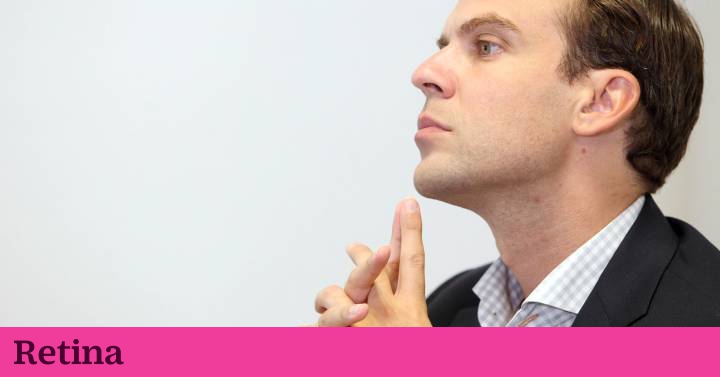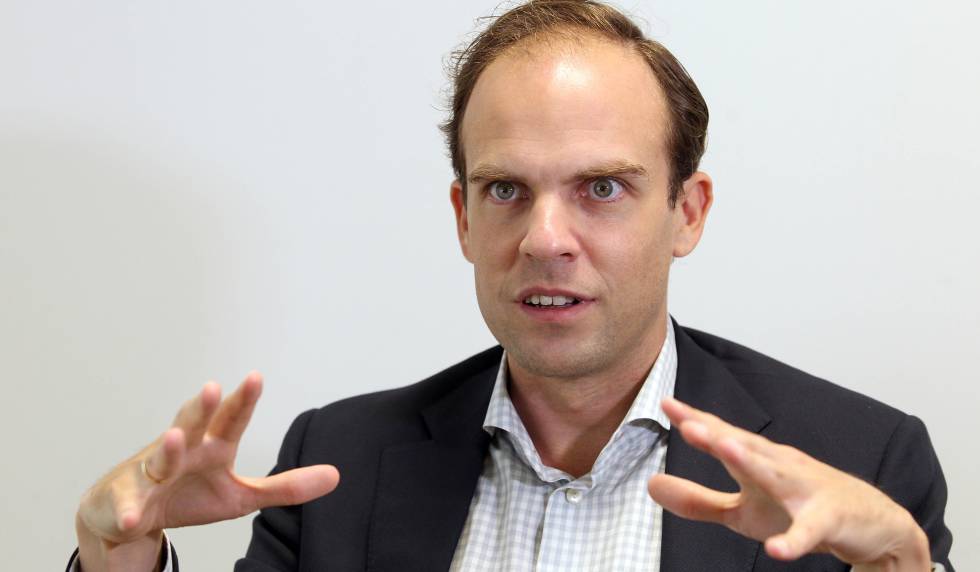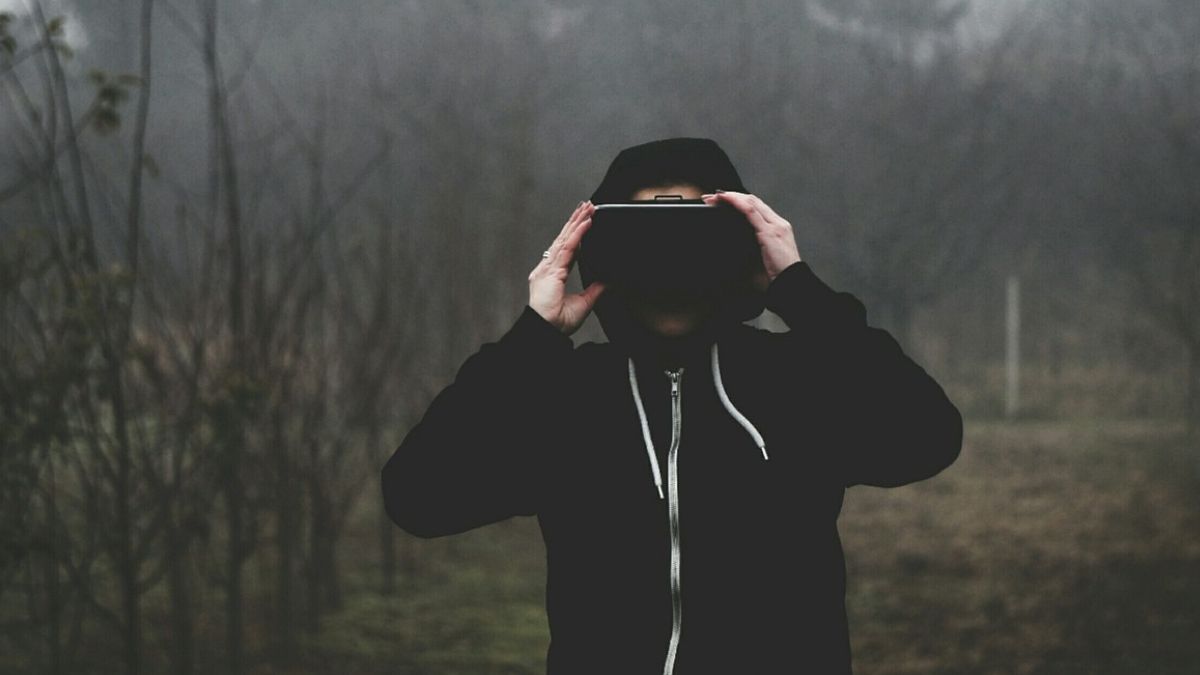Carl Benedikt Frey: "Either people perceive the benefits of disruption or they will rebel against it" | Trends

Carl Benedikt Frey (Malmoe, Sweden; 1984) shows both extensive economic training and capacity to delve into the consequences of the technological revolution in which we have been immersed for nearly two decades. Founder of the technology and employment program at the Oxford Martin School, some conclusions of his studies, like 47% of jobs can change at the hands of robots, they have raised a great dust; even without defining himself as critical of innovation - "I am very positive about the long term of technological change," he argues.
But it is only the letter of introduction of an easy verb teacher, based in London, who in the first words makes his message clear. "If people don't see the benefits of disruption in their pockets, they will rebel against it," he says.
Let's not anticipate yet how to get innovation to reach all people. Frey wants to first get into the impact of job automation - "a trend that we should worry more about," he says. In his opinion, if the cashiers disappear, as they have put into practice from Amazon to Carrefour, or the labor system is incapable of providing shelter and transforming workers exposed to repetitive tasks, exactly the same reaction as with globalization will happen. There are the examples of Donald Trump, Brexit and the rise of nationalist parties. “I am optimistic about the current technological change, but in the short term it can cause very discouraging social traumas,” he reasons.
Part of the technical progress has come from the hand of great technological calls, such as Facebook, Google, Apple and Amazon. It seems that they anticipate everything and enjoy uncontrollable power by governments. Frey prefers to talk about influence rather than power. It even detracts from it, even though there are certain social and political concerns. "In China, Google has no weight and the European Union has adopted more restrictive legislation, as with data protection," he says.
He even dares to issue a warning to those who think that his dominant position will remain immovable: “I think these companies will not have as much power in the long term as people think. It is more a matter of temporary monopolies than permanent ones. ” An element that goes unnoticed in technological development, often focused on the solution and not on the context, is the location of these big business names. For the Oxford teacher, who has just participated in an event about the future of work organized by the Center for the Governance of Change at IE University, here is one of the major sources of inequality. Manufacturing areas do not stop losing jobs and purchasing power and new areas of progress, on the other hand, trigger prices for all economic sectors. “Look at the house, either in Silicon Valley or Madrid. They are areas that increase the productivity and innovation of the business fabric, but where people can hardly even pay a rent This is a very relevant exclusion element, ”he says.

Mobility to face the future of work
Given the obvious business relocation, the worker must not remain idly in his usual environment. If technology moves, people must be willing to embark on the journey as well. As Frey maintains, the communities, the places of roots of the people, are very important for personal development, as well as having a good salary. Moreover, this mobility can have a great impact in relatively small towns.
This happened in his native Malmoe. In the nineties, the naval industry plummeted and its inhabitants had to come and go from the innovative Copenhagen daily to move forward. “We brought technology and money that we spent locally. It boosted another type of economy and created a virtuous circle that we maintain today, ”he explains. Frey does not live outside the technological trends and their possible economic repercussions. Artificial intelligence apparently meets these requirements. Do not doubt the impact you are called to mark.
Taxing robots is not the solution
One of the most recent debates about the future of robotics is the introduction of taxes to its workforce. Put them to quote public coffers as one more worker. For Carl Benedikt Frey, founder of the technology and employment program at the Oxford Martin School, the solution has little to do with such proposals. “Taxing the work of an android does not have to reduce the automation suffered by the labor market. Why not put a tax on algorithms or other technological innovations? ”Asks the teacher. In your opinion, Taxation, in order to improve the labor system, should focus more on redistributing wealth between workers and companies. “The rates for large companies are very low compared to those of an employee. The differences between capital and labor must be rebalanced, ”he concludes.
As it poses, it has the potential to transform any industry by being easily programmable with computer code. "He machine learning It has a comparative advantage with human beings because it always follows the rules, it has continuity and you don't need to be on top of your work ”, ditch. To prevent work from flying into the arms of machines, creativity and human interaction are two concepts that play in our favor. "It is what causes our work to be interesting and difficult to replace with a robot," he concludes.
Although he says he hates generalizations - he also believes there is a unique solution - he leaves some advice on how to deal with changes in the labor market. Apart from keeping up to date with the technology that surrounds us, it appeals to curiosity and learn beyond our routine performance. Separate solutions, for demonstrating its proclaimed unpolemic character, Frey brings his piece of optimism to both robot and disruption: “You can say tomorrow that the Google translator is perfect, but this will not replace all the interpreters because you will need, for example, to certify translations. All needs are not met by a machine. ”
(tagsToTranslate) carl benedikt frey or (t) people (t) perceive (t) benefit (t) disruption (t) rebel (t) founder (t) program (t) technology (t) employment (t) oxford martin school (t) expose (t) concern (t) impact (t) automation (t) destruction (t) labor (t) inequality (t) economic (t) economic (t) generate
Source link













